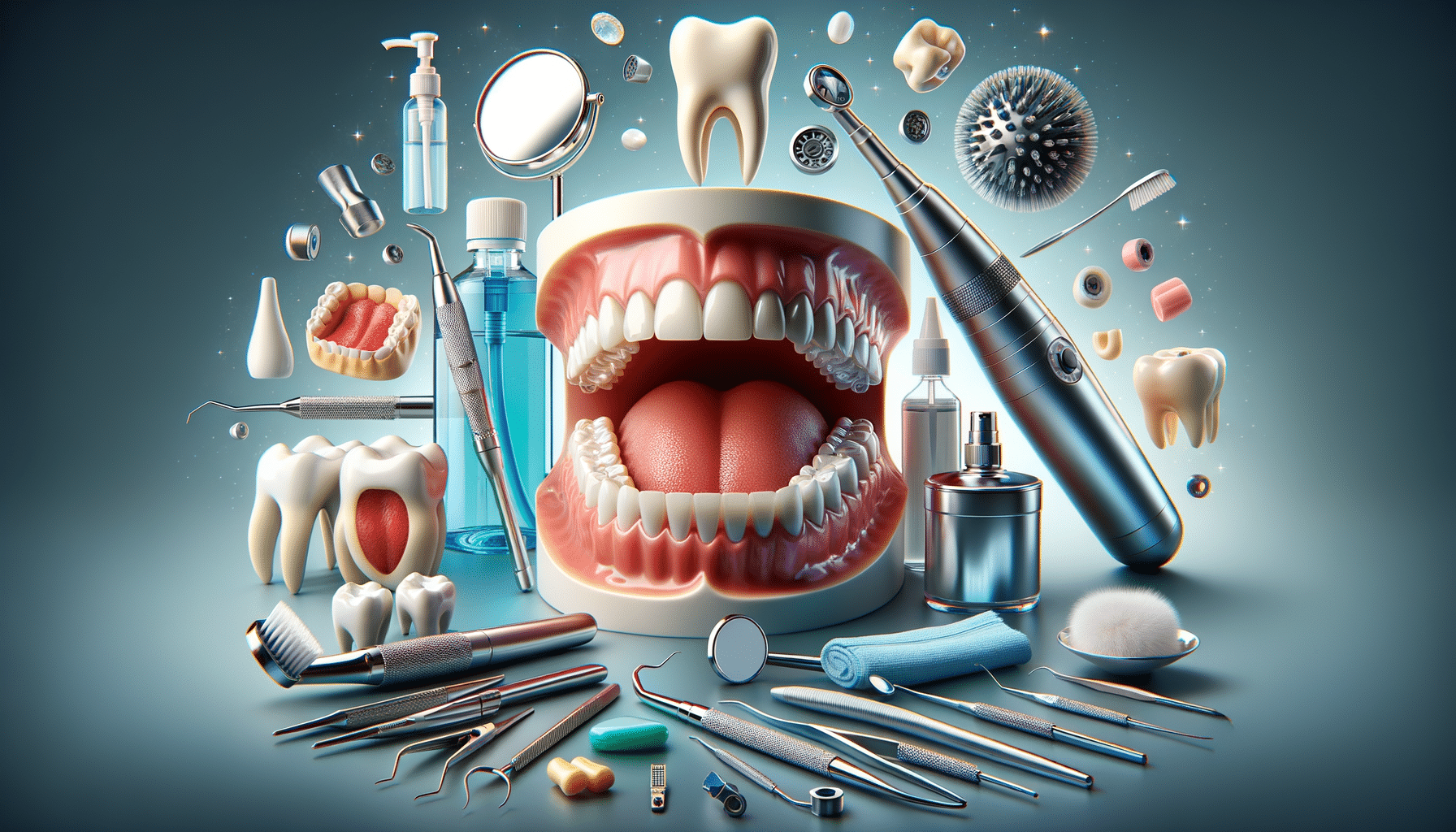
Dentist & Dental Care: A Comprehensive Guide to Oral Health
Introduction to Dental Care
Dental care is an essential component of overall health, yet it is often overlooked until problems arise. Regular visits to the dentist are crucial not only for maintaining a bright smile but also for preventing serious health issues. The mouth can be a window into the body’s health, often indicating nutritional deficiencies or general infection. Emphasizing the significance of dental care can lead to a healthier lifestyle and a happier life.
Many people search for “I need dental implants near me fast” when faced with immediate dental issues, highlighting the urgency and importance of accessible dental care. Dental care is not just about aesthetics; it plays a vital role in preventing diseases such as heart disease, diabetes, and even certain types of cancer. By understanding the full scope of dental care, individuals can make informed decisions about their oral health and overall well-being.
The Role of Dentists in Oral Health
Dentists are trained professionals dedicated to ensuring the health of your teeth, gums, and mouth. Their expertise covers a wide range of procedures, from routine cleanings to complex surgeries. Dentists play a pivotal role in diagnosing oral diseases, which if left untreated, could lead to significant health issues. They are also instrumental in educating patients about daily oral hygiene practices.
For those who “want to fix my teeth,” dentists offer various treatments such as fillings, crowns, bridges, and orthodontics. Each procedure is tailored to meet the specific needs of the patient, ensuring optimal results. Dentists also provide guidance on preventive care, helping patients avoid costly and painful procedures in the future. By maintaining regular dental check-ups, individuals can keep their oral health in check and prevent potential health complications.
- Routine check-ups and cleanings
- Diagnosis and treatment of oral diseases
- Preventive care and patient education
Accessing Dental Care and Financial Assistance
Access to dental care can sometimes be challenging due to financial constraints. However, there are several options available for those looking to “apply for free dental implants” or other forms of assistance. Many community health centers offer dental services on a sliding scale based on income, making it more affordable for low-income individuals. Additionally, dental schools often provide services at reduced rates as students gain practical experience under professional supervision.
Insurance plans, both private and government-funded, can also help cover the cost of dental care. Understanding your insurance benefits and what procedures are covered can significantly reduce out-of-pocket expenses. For those without insurance, payment plans and financing options are often available directly through dental offices, allowing for manageable monthly payments.
By exploring these options, individuals can access the dental care they need without financial strain, ensuring that oral health remains a priority.
- Community health centers and dental schools
- Insurance coverage and benefits
- Payment plans and financing options


